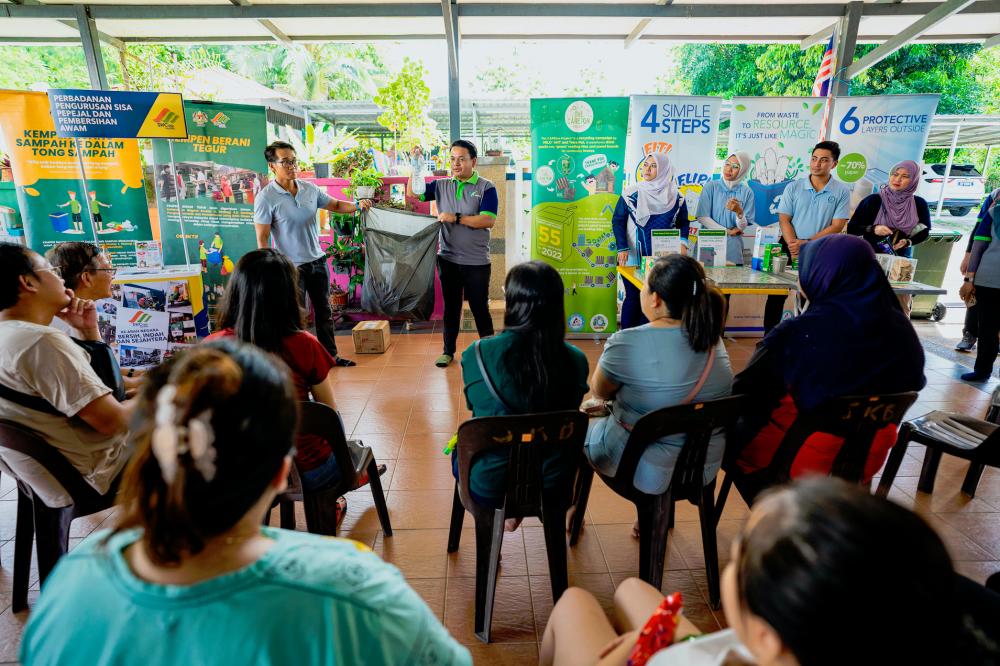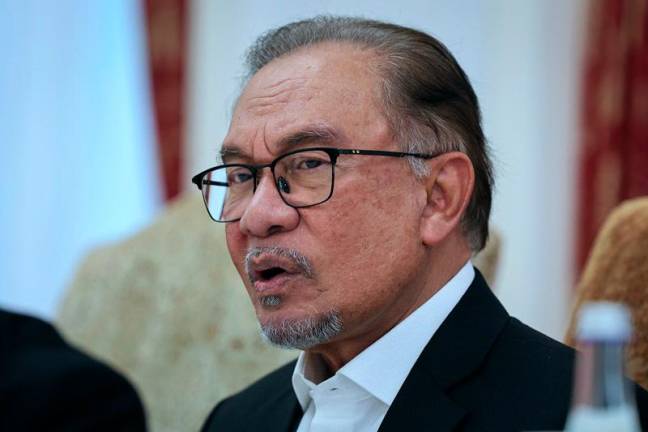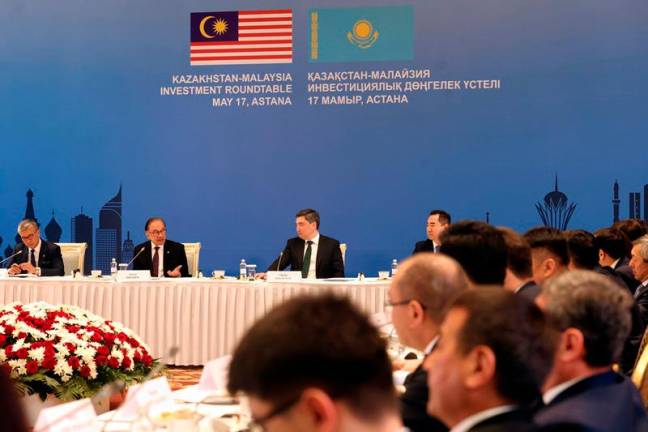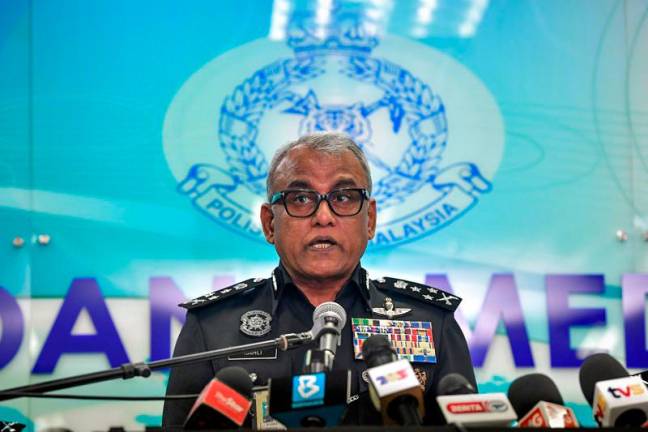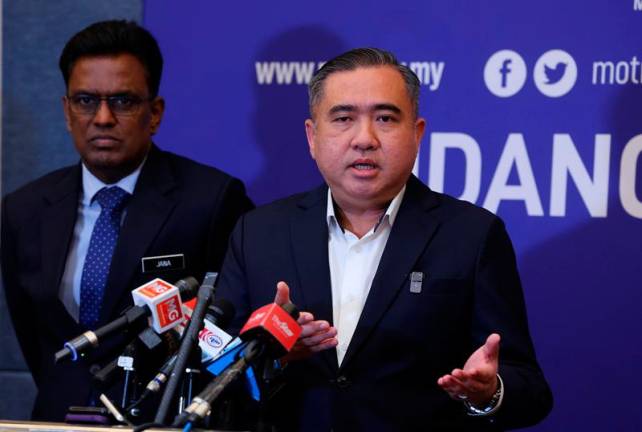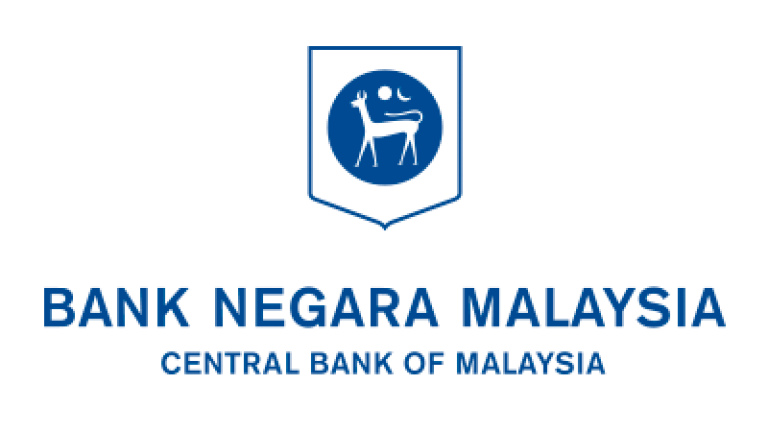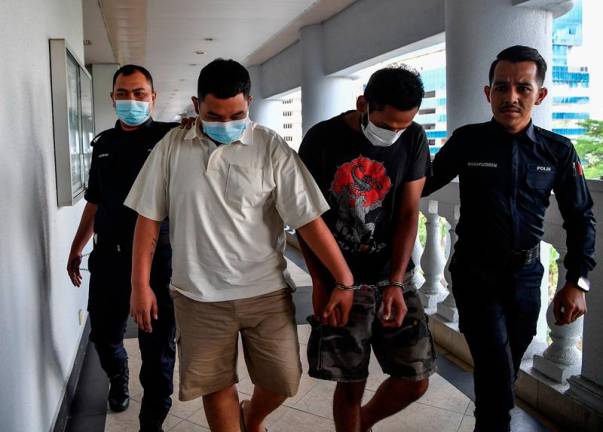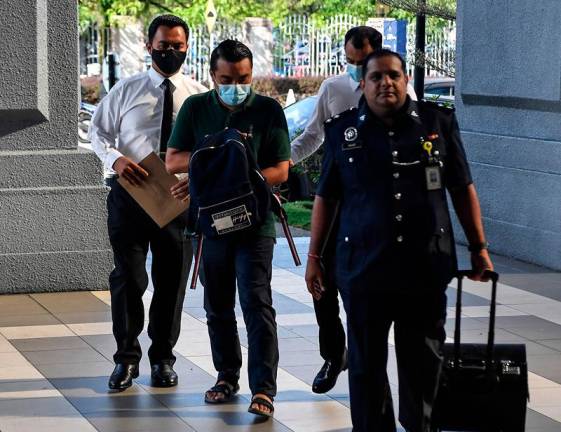LANGKAWI: With the aim of enhancing waste management in Malaysia and accelerating the transition towards a circular economy through the implementation of Extended Producer Responsibility (EPR) initiatives, the Malaysian Recycling Alliance (MAREA) in collaboration with the Ministry of Local Government Development (KPKT) recently kicked off the second phase of its EPR pilot project in Langkawi.
Established in August 2022, the pilot project aims to foster effective collaboration among Government stakeholders, producers, manufacturers, and other key stakeholders within the value chain who share a common vision of supporting the circular economy approach. The pilot project comprises three phases: understanding, intervention and scale-up.
Currently in the second phase, the project is focused on intervention to improve solid waste management and recycling activities in Langkawi, with implementation across four residential areas in Langkawi, specifically Taman Sri Aman, Kampung Padang Putih, Simfoni Beliza Apartment and Taman Dahlia, covering a total of more than 1,300 households. This entails consumer education and public awareness (CEPA) engagements, as well as recycling activities within the communities.
According to Mr Roberto Benetello, CEO of MAREA, “The launch of the second phase featured interactive activities aimed at fostering community engagement and raising awareness on proper waste management. This included colouring and drawing competitions for children and teenagers, as well as Separation at Source-centred competitions for adults such as the Separate Waste Competition, which provided a hands-on opportunity for attendees to practice waste separation techniques with support from trainers. MAREA’s contribution will also facilitate the collection of recyclables from neighbourhoods with difficult access. Special collection tricycles will be able to access narrow rural alleys and bring the recyclables to the main road for collection by larger trucks from our partner E-Idaman.”
The pilot project in Langkawi builds upon KPKT’s ongoing drive to develop an effective EPR policy in order to reduce the cost borne by the Government for solid waste management. The successful implementation of EPR framework in Malaysia will see producers taking heightened responsibility for the treatment and disposal of post-consumer products, either through self-undertaking or financial contribution, ensuring a shared responsibility between the Government and producers in managing post-consumer products.
In support of KPKT’s circular economy approach, MAREA remains steadfast in its commitment to enhancing the recycling value chain and improving the collection and recycling of post-consumer packaging in Malaysia.



